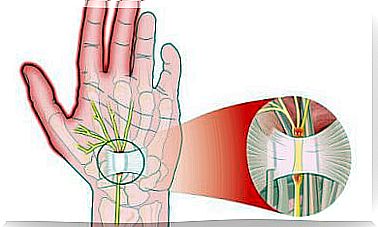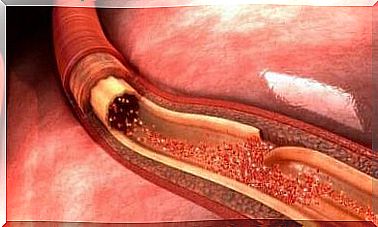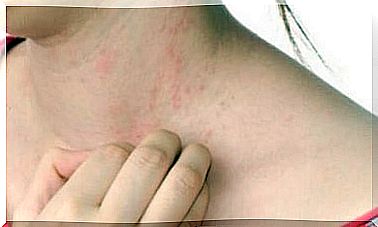8 Nail Warning Signs Related To Your Health
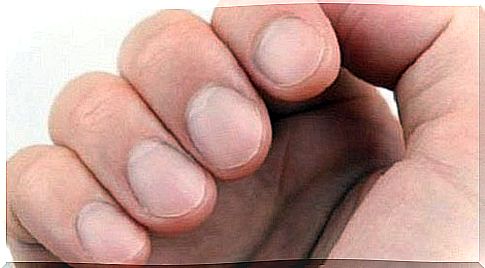
Both men and women try their best to keep their nails clean and healthy. However, the purpose of nails is not only to look good, but they can also tell a lot about your health. They may even lead to the detection of a serious illness before it is too late.
Regularly monitor your nails for any changes, and if you notice any, examine the matter carefully, as this may be a warning sign of some kind of health problem. Would you like to know about the different warning signs given by your nails?
Warning signs given by the nails
Colorless nails
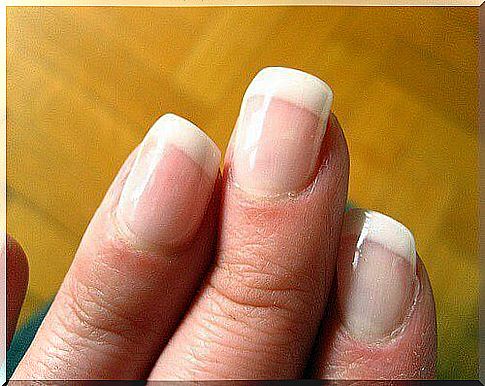
Healthy nails are usually pink with a lighter, almost white spot at the root. If your nails turn pale in color, or there are colorless spots on them, there may be a warning about a health problem you may not otherwise be aware of.
- Greenish nails: a sign of a bacterial infection.
- Red streaks under the nail: this could possibly be a sign of heart valve inflammation.
- Blue or purple hue: a sign of low oxygen in the blood.
- Light color: a sign of vitamin deficiency or anemia.
- White color: a sign of liver problems.
Thick nails
Although thick nails appear stronger, excessive nail thickening is not normal at all. When the nails are very thick and difficult to cut, for example, it may be a warning sign of a disease.
- If your nails used to be normal and have then started to thicken, it could be some kind of lung problem.
- If the nails not only thicken but also become uneven, it is clearly a fungal infection.
- If your nails are thick and cracked, you may suffer from thyroid problems or psoriasis.
- Abnormal nail thickening can also be a sign of circulatory problems.
Cracked nails
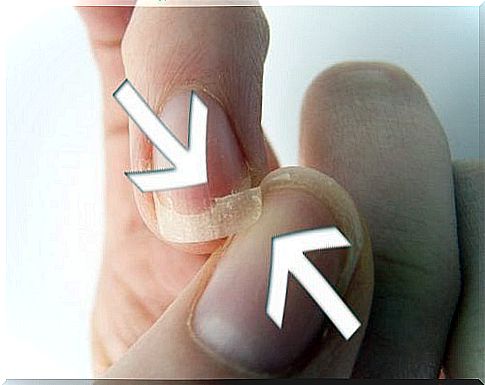
Cracked nails can be caused by biting your nails, or by having your nails hit something that has cracked it. However, cracking is not always due to these reasons, but can be a sign of a health problem.
- Cracked nails can be a sign of a lack of folic acid, vitamin C, or protein.
- Cracked nails can indicate a poor diet or possible anemia.
- If your nails are cracked and they also have cavities, this may be a sign of psoriasis.
Concave nails
Concave, as it were spoon-shaped nails can be a sign of an internal health problem. Such nails are easily recognizable because instead of the nails curving normally inwards, they grow outwardly curving.
- This may be a sign of anemia.
- You may have a liver disease called hemochromatosis, which is caused by too much iron being absorbed into the body.
- Heart problems.
- Hypothyroidism.
Slippery nails
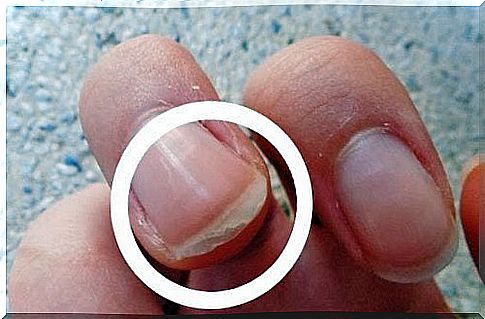
The many layers of keratin that make up the nail ensure the glossy surface of the nail. However, the surface of the nail may come off in a strip-like manner, often due to exposure to some nail-consuming activity.
- This can be due to really cold, hot or dry air.
- This may be a reaction caused by certain chemicals found in soaps and solvents.
Holes or cavities in the nails
Holes or holes may appear in your nails if they hit something, or if you have a habit of chewing your nails. Sometimes, however, this can also be a sign of a serious illness that should not be ignored.
- Such nails are common in people who suffer from psoriasis.
- This may be due to problems with the supporting tissue.
- Rock cliff.
- Zinc deficiency.
Nails with white spots
White spots are often present on the nails due to either a hit or poor nail care. However, they can also be a sign of a health problem.
- You may suffer from zinc deficiency.
- You may have anemia.
Bumps on the nails
The surface of the nail should be flat and no lines or bumps should be distinguished from the naked eye. If any kind of bumps or “ridges” occur, it could be a health problem.
- This may be a sign of iron deficiency.
- You may have arthritis.
- You may suffer from a chronic autoimmune disease, rubella.
Keep in mind!
Your nails may tell you more about your health than you might think. If you notice any changes in your nails, it is best to see a doctor to make sure there is no serious health problem.

